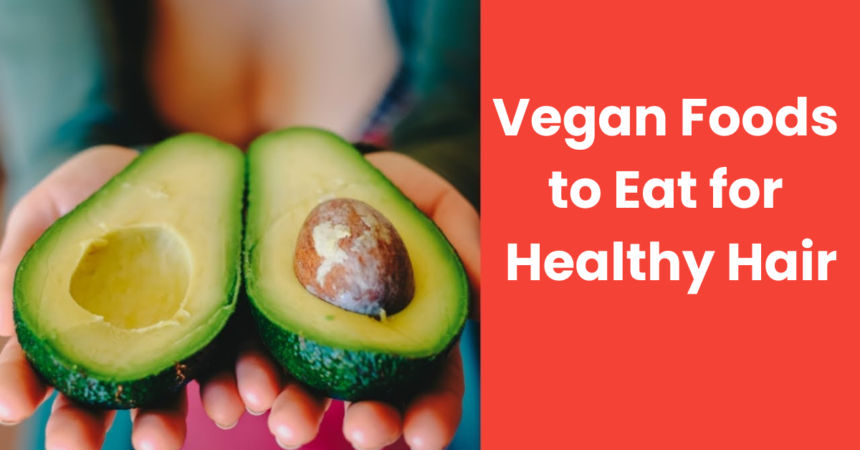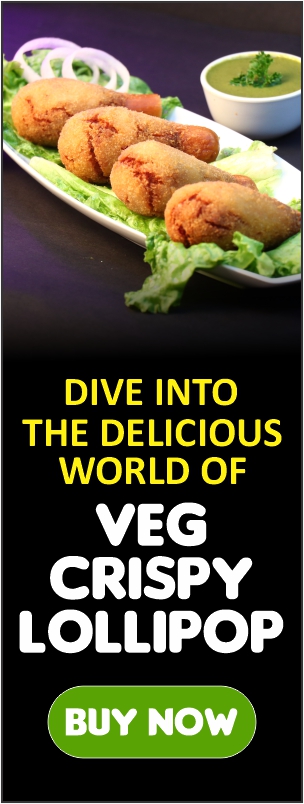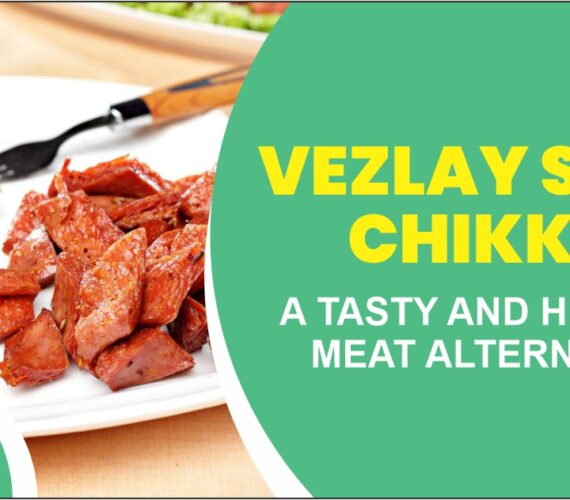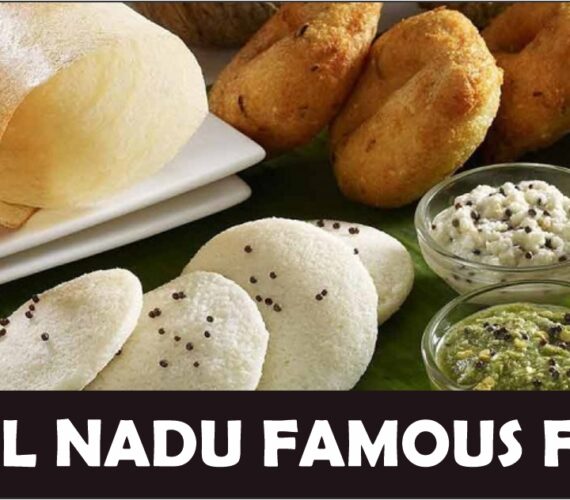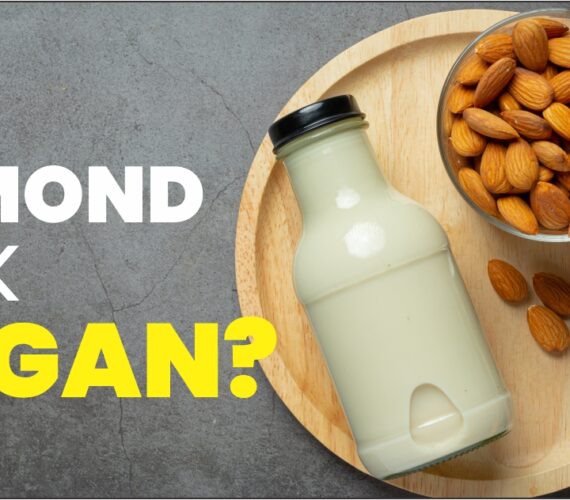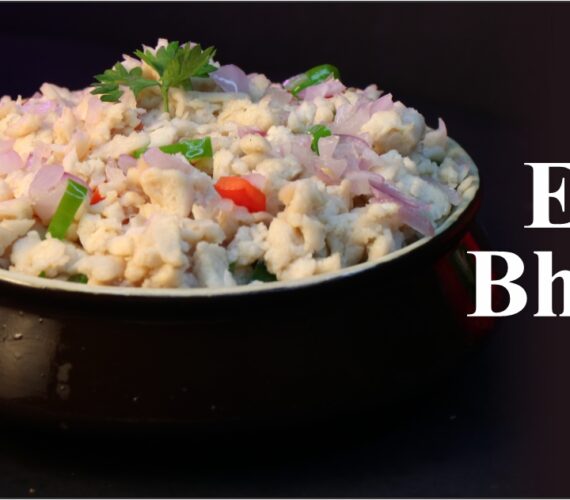Introduction
In the quest for luscious locks, the secret might just lie in your diet. Welcome to the world of “Vegan Foods to Eat for Healthy Hair,” where we delve into the delectable realm of plant-based nourishment for your tresses. From vibrant veggies to protein-packed legumes, these hair-loving foods are not only kind to the planet but also to your hair follicles.
Vegan Foods to Eat for Healthy Hair
Picture your hair as a garden, and the nutrients you consume as the water and sunlight it needs to thrive. Just as you’d pamper your garden with care, treating your hair to the right nutrients can lead to remarkable results. Let’s explore the diverse array of vegan foods that can help you achieve those radiant locks:
1. Omega-3 Rich Flaxseeds and Chia Seeds
These tiny powerhouses are loaded with omega-3 fatty acids that nourish your scalp and promote hair growth. The healthy fats in flaxseeds and chia seeds prevent dryness and add a natural shine to your hair.
2. Iron-Packed Spinach and Kale
Leafy greens like spinach and kale are abundant in iron, a mineral crucial for healthy hair growth. Iron deficiency can lead to hair thinning and dullness, so make sure these greens feature prominently in your meals.
3. Protein-Packed Lentils and Chickpeas
Protein is the building block of hair, and plant-based sources like lentils and chickpeas provide an ample supply. These legumes also contain biotin, a nutrient known for promoting hair strength and preventing breakage.
4. Vitamin C-Rich Citrus Fruits
Citrus fruits like oranges, grapefruits, and lemons are not only refreshing but also essential for collagen production. Collagen strengthens hair strands and improves their elasticity, reducing the likelihood of split ends.
5. Nuts for Healthy Fats
Almonds, walnuts, and cashews are brimming with healthy fats, vitamin E, and zinc. These nutrients contribute to a well-hydrated scalp, minimizing dandruff and dryness.
Read Also :- Disadvantages of eating non-veg
6. Silica-Infused Bell Peppers
Bell peppers are a fantastic source of silica, a mineral that enhances hair thickness and imparts a natural sheen. Snack on colorful bell peppers to keep your locks vibrant.
7. Biotin-Rich Sweet Potatoes
Sweet potatoes contain biotin, which supports hair growth and scalp health. This root vegetable is also rich in beta-carotene, which your body converts to vitamin A—an essential nutrient for sebum production.
8. Quinoa for Amino Acids
Quinoa is a complete protein, providing all nine essential amino acids. Amino acids are the building blocks of keratin, the protein that makes up your hair structure.
9. Avocado: Nature’s Moisturizer
Avocado’s creamy goodness is packed with healthy fats, vitamins, and antioxidants. These elements moisturize your hair from within, leaving it silky and manageable.
10. Soy Products for Hair Vitality
Soy-based foods like tofu and tempeh contain spermidine, a compound that promotes hair growth and length retention.
11. Zinc-Rich Pumpkin Seeds
Pumpkin seeds offer a rich source of zinc, a mineral that strengthens hair follicles, prevents hair loss, and adds volume.
12. Collagen-Boosting Berries
Berries like strawberries, blueberries, and raspberries are rich in vitamin C and antioxidants, aiding collagen production for resilient hair strands.
13. Creamy Coconut
Coconut, whether in the form of oil, milk, or shavings, provides essential fatty acids that hydrate your scalp, reduce frizz, and add a tropical fragrance to your hair.
14. Whole Grain Goodness
Whole grains like oats and brown rice are rich in biotin, zinc, and iron. These nutrients collectively contribute to hair strength and shine.
15. Veggie Variety: Broccoli and Brussels Sprouts
These cruciferous veggies offer a double dose of hair health benefits with vitamins C and A. Vitamin A encourages sebum production, while vitamin C promotes collagen synthesis.
16. Mushrooms for Vitamin D
Mushrooms, when exposed to sunlight, naturally produce vitamin D—a nutrient that supports hair follicle health and prevents hair shedding.
17. Sesame Seeds for Hair Luster
Sesame seeds are loaded with essential nutrients like iron, magnesium, and calcium, which collectively contribute to hair luster and strength.
Read Also :- Vegetarian bollywood actors
18. Beans: Your Hair’s Best Friend
Beans, such as black beans and kidney beans, provide a rich source of zinc, iron, and protein—all crucial elements for healthy hair growth.
19. Onion and Garlic for Hair Regrowth
These pungent delights contain sulfur, a mineral that promotes collagen production and encourages hair regrowth.
20. Spirulina Superfood
Spirulina is a nutrient-dense algae rich in chlorophyll, copper, and iron. These elements foster hair growth and prevent hair loss.
21. Artichokes for Radiance
Artichokes are a natural source of biotin and folate, supporting hair growth and overall scalp health.
22. Safflower Oil for Nourishment
Safflower oil is rich in oleic acid, a monounsaturated fatty acid that nourishes the scalp, strengthens hair, and prevents breakage.
23. Green Tea Elixir
Green tea contains antioxidants that promote hair growth, reduce hair loss, and improve overall hair quality.
24. Vitamin E-Infused Sunflower Seeds
Sunflower seeds provide vitamin E, an antioxidant that enhances blood circulation to the scalp and supports hair follicle health.
25. Flavorful Herbs: Rosemary and Sage
Rosemary and sage are known to improve hair thickness and stimulate hair follicles. Incorporate them into your cooking or hair care routine for optimal benefits.
FAQ's
Can a vegan diet truly support healthy hair?
Absolutely! A well-balanced vegan diet rich in essential nutrients can promote healthy hair growth and vitality.
Are there any vegan supplements for hair health?
Yes, vegan supplements like biotin, iron, and omega-3 can complement your diet for optimal hair health.
How soon can I expect to see results from a vegan hair-friendly diet?
Visible improvements in hair texture and shine can be observed within a few months of adopting a nutrient-rich vegan diet.
Are there any vegan foods that can prevent hair loss?
Foods rich in iron, zinc, and biotin, such as lentils, pumpkin seeds, and sweet potatoes, can contribute to preventing hair loss.
Can I create a vegan hair mask for external application?
Absolutely! Ingredients like avocado, coconut oil, and aloe vera can be combined to create nourishing hair masks for external use.
How can I ensure I’m getting enough protein on a vegan diet for hair health?
Include protein-rich plant foods like beans, lentils, tofu, and quinoa in your meals to meet your protein needs.
Can a vegan diet lead to hair thinning?
Hair thinning can be caused by various factors, including genetics, stress, and nutritional deficiencies. A well-balanced vegan diet that includes nutrient-rich foods can actually promote healthy hair growth and reduce the risk of thinning.
What vitamins are essential for vegan hair health?
Vitamins such as vitamin D, vitamin B12, and biotin are crucial for hair health. While vitamin D can be obtained from sunlight exposure, consider fortified foods or supplements for vitamin B12 and biotin.
How can I prevent vegan hair loss during weight loss?
When losing weight on a vegan diet, ensure you’re still consuming enough calories and nutrients to support hair health. Focus on nutrient-dense foods and consult a nutritionist if needed to prevent excessive hair loss.
Can I use plant-based oils for hair massage?
Absolutely! Oils like coconut, jojoba, and argan oil can be used for hair massage. These oils provide hydration, nourishment, and promote blood circulation to the scalp.
Can I reverse hair damage with a vegan diet?
A nutrient-rich vegan diet can help improve the overall health of your hair over time. However, severe hair damage might require additional care and treatments from professionals.
Conclusion
Embracing a vegan diet isn’t just a step towards a healthier planet—it’s also a pathway to healthier hair. By incorporating these vegan foods into your daily meals, you can nourish your hair from the inside out, revealing its natural radiance and beauty. So, let your journey to vibrant, healthy hair begin with the power of plant-based nutrition.

